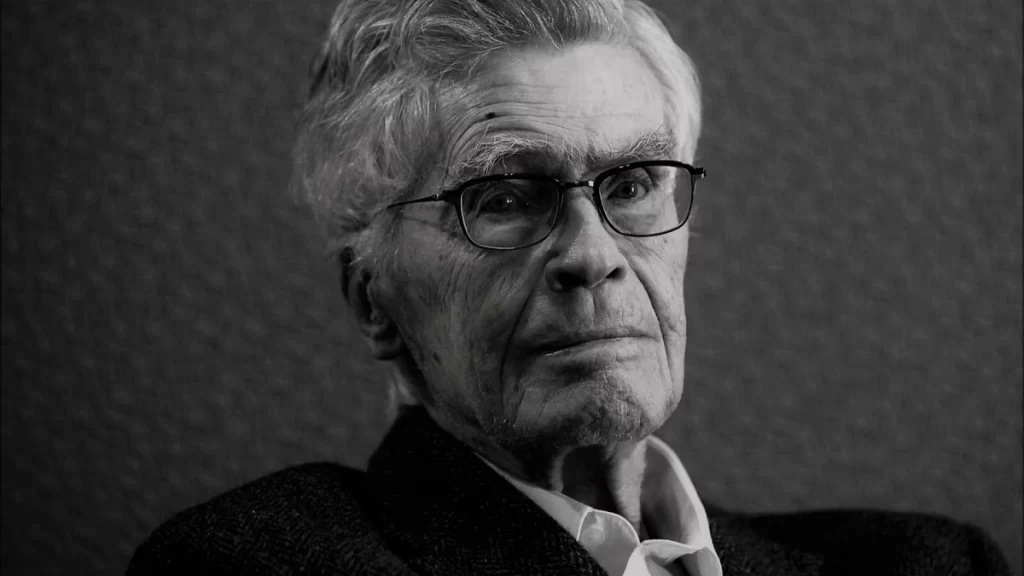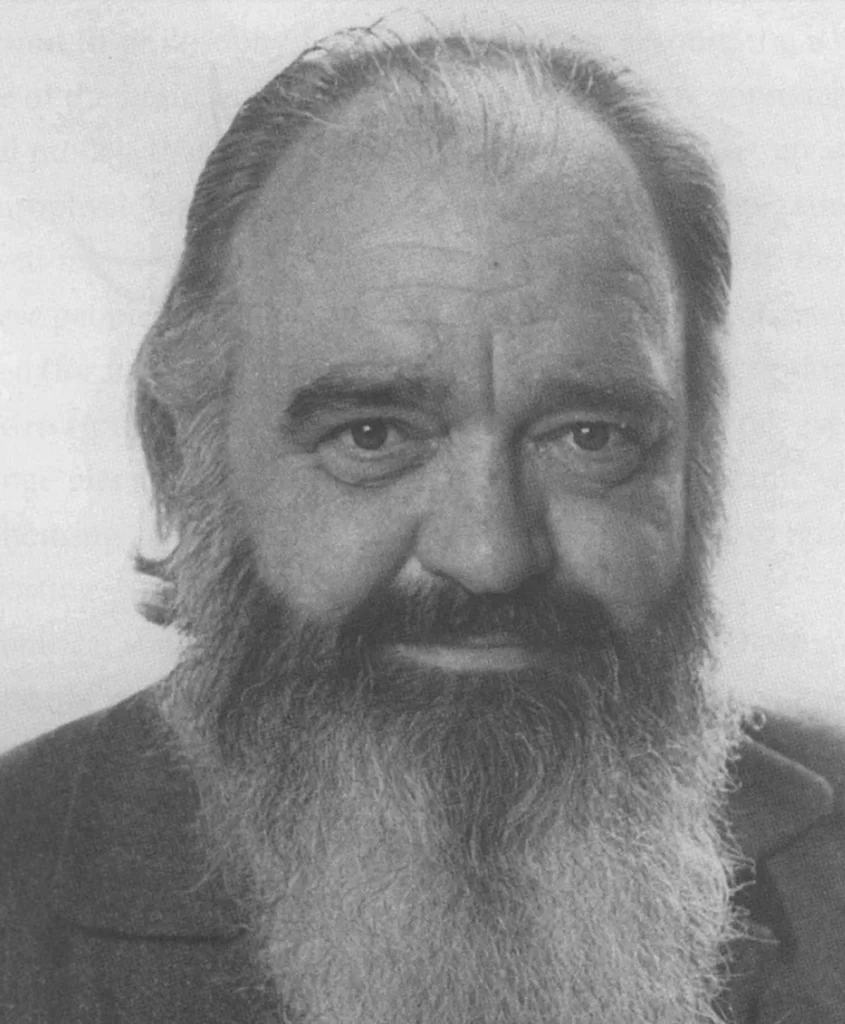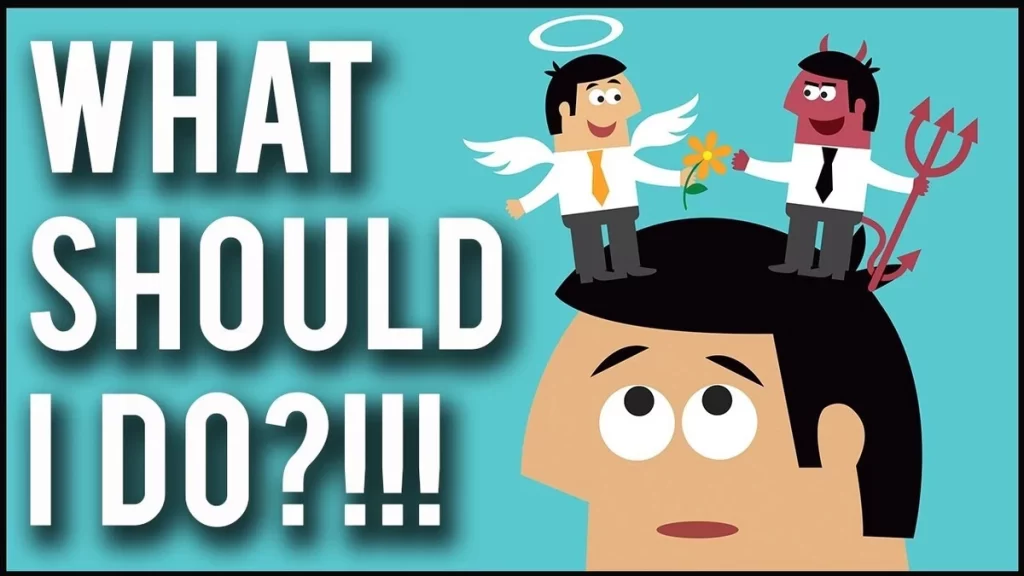The technoethics of Mario Bunge is explained here. In his 1975 foundational essay Towards a Technoethics, Mario Bunge presents a technoethical pragmatic value theory discussed here as an ethical decision-making framework suitable for applications in technology assessment and design.
This discussion is taken from my MA in Communication thesis (2015, pp. 23-25) and my PhD in DTI thesis (2020, pp. 57-67). I obtained my PhD from the University of Ottawa, Faculty of Engineering, School of Electrical Engineering and Computer Science (EECS), specializing in ethical hacking sociotechnology. My PhD thesis was titled Technoethics and sensemaking: Risk assessment and knowledge management of ethical hacking in a sociotechnical society (thesis advisory committee: uOttawa professors Rocci Luppicini, Liam Peyton, and Andre Vellino).
- Technoethics definition
- Technoethics in empirical research
- What is a technoethical assessment?
You may also be interested in Ethical decision-making theories: Introduction to normative ethics.

Technoethics
First, we’ll define technoethics as an academic research field. Second, we’ll outline two main applications of technoethics in empirical research: technology assessment and technology governance/design. Finally, we’ll discuss Mario Bunge‘s pragmatic value theory and its application in technology assessment.
Technoethics definition
Technological advances have a transforming revolutionary effect on society. According to Moor’s law, as the social impact of technological revolutions grows, ethical problems increase (Moor, 2005). Technoethics is broadly concerned with the responsible use of technology to leverage opportunities and guard against risks. The broad technoethical question is, how can technoethics guide technology development and application to leverage society?
In the introduction of his 1975 foundational essay Towards a Technoethics, Mario Bunge writes that the technologist is personally responsible for whatever he does “to all mankind and not just to his employers” and that he is singularly privileged to tackle moral problems “and even the theory of morality, i.e., ethics, with the help of an approach and a set of tools alien to most philosophers and yet promising to deliver the technoethics that philosophers have not deigned to work on.” To this end “we shall put forth a value theory allowing one to weigh means and ends, and to conceive of moral norms in the image of technological rules” (p. 69).
Broadly, technoethics is an interdisciplinary research field concerned with the ethical and social implications of technology in society. One way to describe technoethics is by identifying its key areas of academic research within various branches of applied ethics and within academic scholarship with a technology focus (for elaboration see my MA thesis, 2015, cited below, especially section Technoethical Scholarship, pp. 23-25).
Technoethics in empirical research
As an academic field pioneered and established by Mario Bunge (1975), technoethics provides a conceptual grounding for the reciprocal relationship between technology and society.
Rosenthal and Buchholz (2000A, 2000B) argued that the pragmatic understanding of science and the scientific method saw no split between fact and value in seeking the truth (gaining knowledge). The fact-value distinction posed a special problem for moral philosophers who wanted to make normative statements about what businesses ought to do. Rosenthal and Buchholz (2000A) asked: How can the validity of statements be established? How can they be seen as anything other than mere opinion which can be easily dismissed in a scientific culture? Mario Bunge had an answer.
Instead of accepting rules of thumb in the realm of morals we can, and should, try to form them in the image of technological rules, i.e., on the strength of factual knowledge and objective valuation.
Mario Bunge (1975, p. 78)
For Mario Bunge (1975/1977, 1999), ethics and technology are social constructions (social technologies). Ethics can be conceived of as a branch of technology. Ethical inquiries can be treated as technological inquiries are treated. Researchers can evaluate moral rules or statements as they would technological rules: moral rules ought to be fashioned as rules of conduct deriving from both scientific statements and value judgements.
Mario Bunge’s pragmatic value theory emphasizes the utilitarian role of technology. The theory can be applied to derive an ethical code of conduct concerning the ethical (fair and efficient) use of technology (hence technoethical theory) by doing a technology risk assessment—weighing means, ends, and side effects to arrive at technological rules of conduct that advance the perceived value of a technology.
Technology is both the driving force behind societal change as well as the output of our technological imagination. It is this dichotomy that we want to present.
Quan-Haase (2016, p. ix)
Bunge’s pragmatic value theory can be situated in a social systems framework to theorize ethical technology governance/design. By placing Bunge’s technoethical theory within the social construction of technology STS tradition (see my PhD thesis, 2020, cited below) the theory thus articulated (STEI-KW) can be applied in a comprehensive way to conceptualize the reciprocal relationship between technology and society—how science and technology shape society, and how in turn society shapes the course of science and technology innovation.
What is a technoethical assessment?
Mario Bunge (1975) presents “a value theory that can serve as a basis for weighing means, goals, and side effects, and thus help to make or adopt rules of conduct both technically feasible and morally right” (p. 76). Bunge suggests three technoethical rules of conduct for the responsible technologist (e.g., the engineer who designs a technology):
“R1 To assess a goal, evaluate it jointly with the side effect”;
“R2 Match the means to the goal both technically and morally: employ only worthy practical means and optimal knowledge”; and
“R3 Eschew any action where the output fails to balance the input, for it is either inefficient or unfair” (p. 78).
Bunge’s (1975/1977) technoethical approach (the three technoethical rules applied within a systems framework) can be applied to assess technology—its use and value within a social system—by weighing the goals (intended ends/potential benefits/opportunities) against the potential side effects (potential costs/risks) with emphasis on efficiency and fairness.
As such, Bunge’s technoethical approach provides a basis for a pragmatic decision-making framework. Taking a multi-perspective, multi-stakeholder approach to data collection and analysis, and employing interdisciplinary synthesis, a technoethical assessment takes a systems approach to understanding the meanings, ethics, uses and practices, and value of an emergent technology in society to inform ethical decision making.
For an in-depth discussion of Bunge’s pragmatic value theory, see my MA thesis (pp. 19-23).
Related content
Canadian identity as an academic idea
Ethical decision-making theories: Introduction to normative ethics
How to do a systematic literature review and a technoethical assessment of a technology
Back to MA/PhD Thesis Writing Resources (templates)
Back to DTI Courses
Other content
1st Annual University of Ottawa Supervisor Bullying ESG Business Risk Assessment Briefing
Disgraced uOttawa President Jacques Frémont ignores bullying problem
How to end supervisor bullying at uOttawa
PhD in DTI uOttawa program review
Rocci Luppicini – Supervisor bullying at uOttawa case updates
The case for policy reform: Tyranny
The trouble with uOttawa Prof. A. Vellino
The ugly truth about uOttawa Prof. Liam Peyton
uOttawa engineering supervisor bullying scandal
uOttawa President Jacques Frémont ignores university bullying problem
uOttawa Prof. Liam Peyton denies academic support to postdoc
Updated uOttawa policies and regulations: A power grab
What you must know about uOttawa Prof. Rocci Luppicini
Why a PhD from uOttawa may not be worth the paper it’s printed on
Why uOttawa Prof. Andre Vellino refused academic support to postdoc



